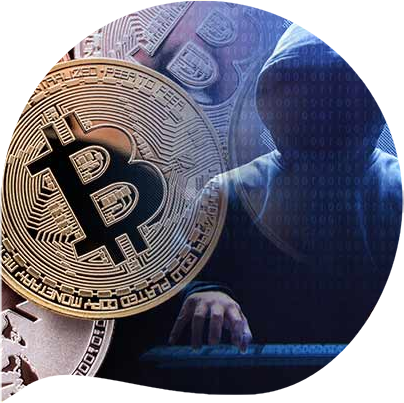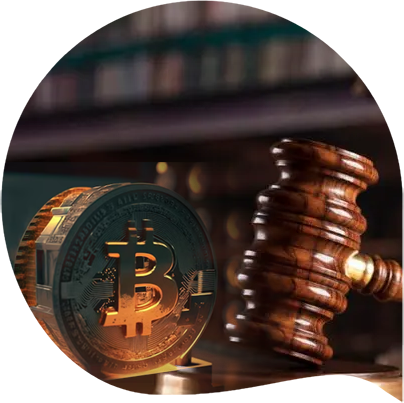SCAM ALERT!
Crypto scams are fraudulent schemes or deceptive practices that exploit the popularity and complexity of cryptocurrencies and virtual assets to steal money or sensitive information from unsuspecting individuals or entities. These scams take advantage of the decentralized and pseudonymous nature of cryptocurrencies, making it challenging for victims to trace and recover their funds.
Protect yourself from virtual assets scams with the help of our lawyers.


Litigation services for virtual assets scams involve legal assistance and representation for individuals or entities who have been victims of fraudulent schemes or scams related to cryptocurrencies and virtual assets. These scams may include Ponzi schemes, fake ICOs, phishing attacks, impersonation scams, and other deceptive practices designed to steal funds or sensitive information.